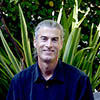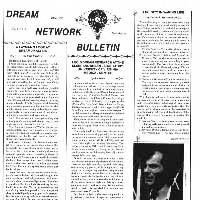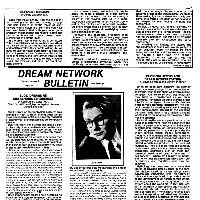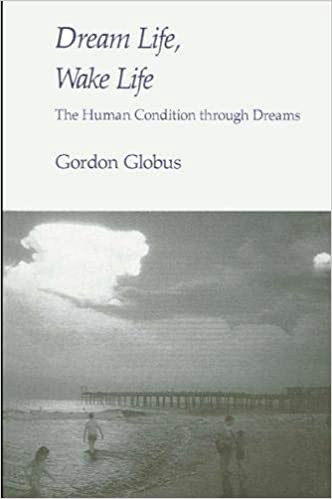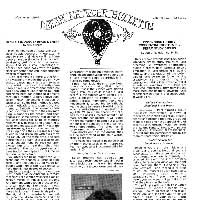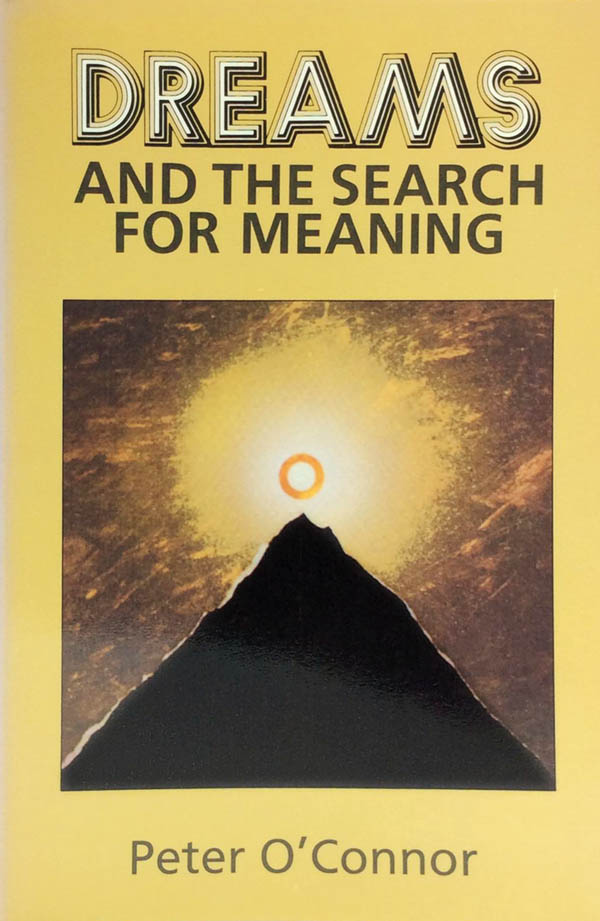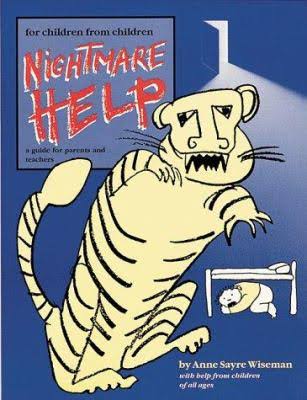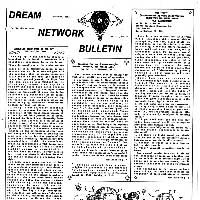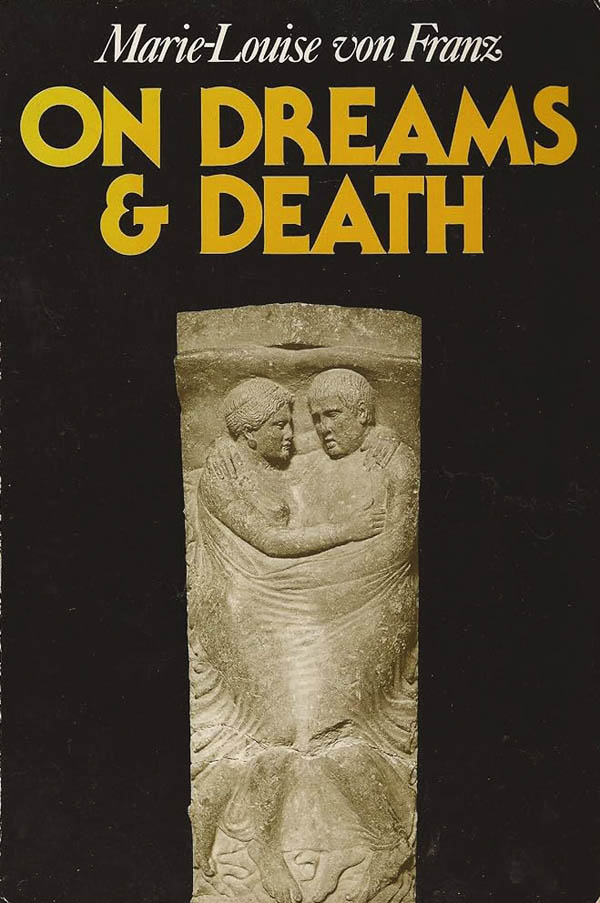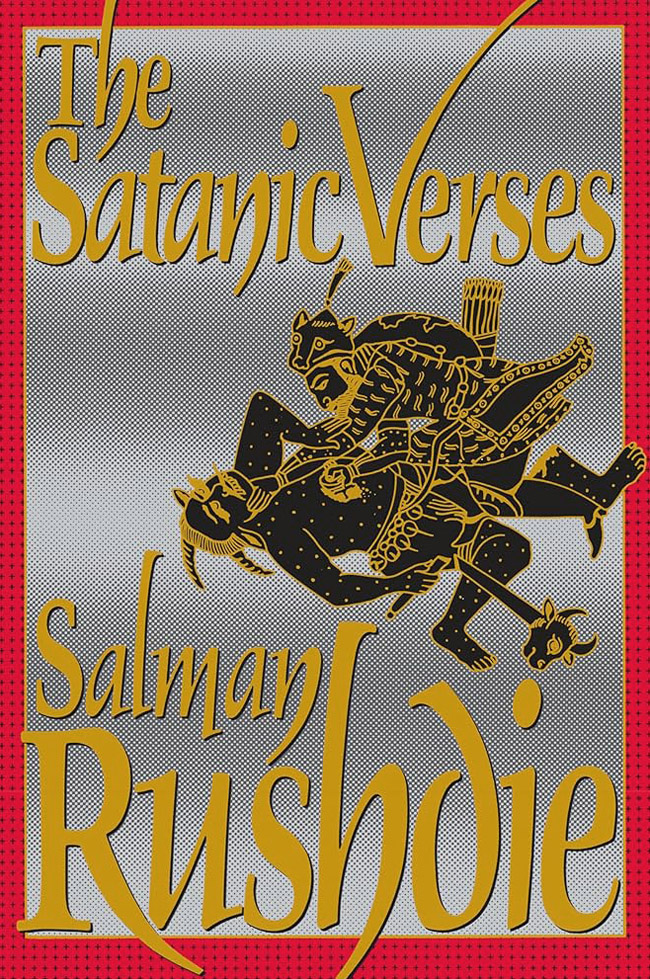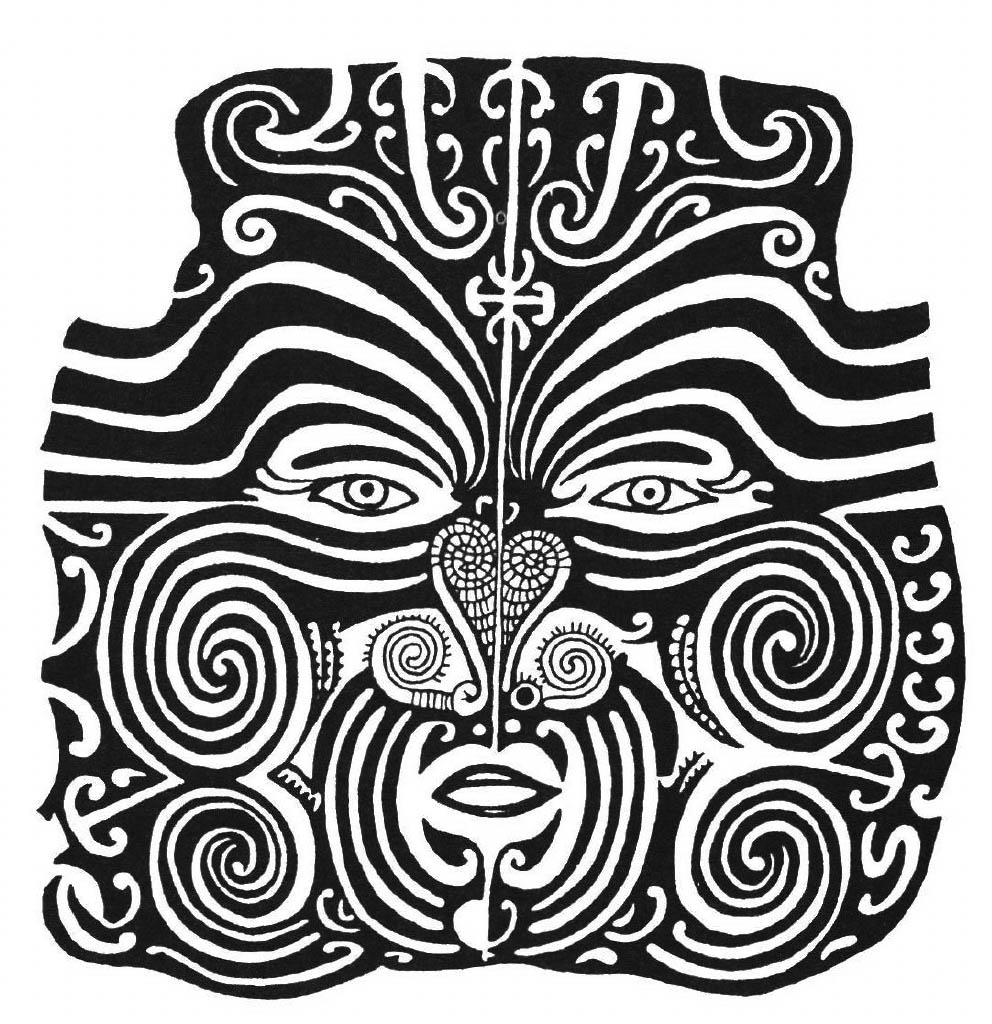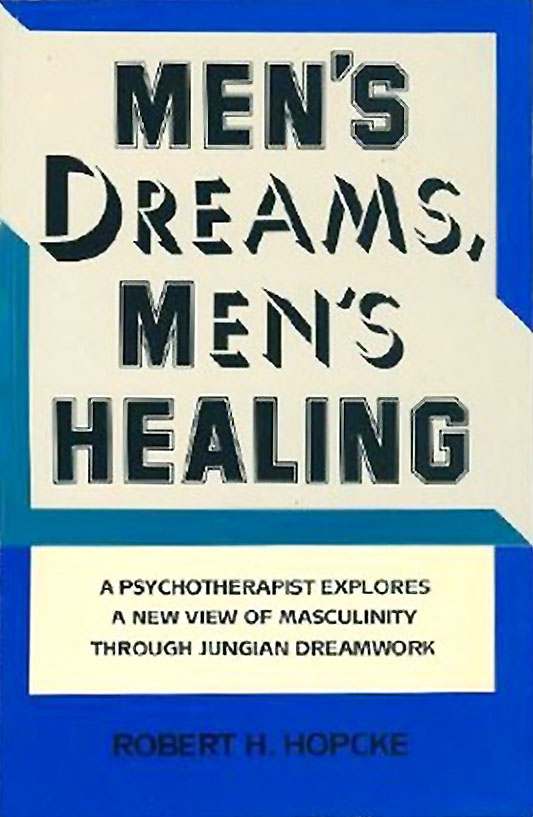
I've stopped being surprised at how many fewer men than women seem to be interested in dreams, A dream workshop I went to last spring was attended by 46 women and 6 men. A course I'm teaching now on dreams and religious experience has 9 women and 3 men. I can't recall any dream-related event I've ever attended that did not have far more women than men participants.
The most frequent reaction to this imbalance is to celebrate it. The exploration of dreams is a way for women to discover their inner voices. Dreams help women reconnect with their distinctive powers of creativity, powers which our patriarchal culture has devalued for centuries. Women's renewed interest in dreams is certainly cause for celebration. However, it overlooks the question of what the exploration of dreams can enable men to discover. Most people vaguely assume that sure, men can probably learn a lot from their dreams, too. But no one has ever really focused on the issue.
Robert Hopcke is the first to study this subject in a concentrated, detailed fashion. His outstanding new book Men's Dreams, Men's Healing is by far the best study of what men in our culture can discover in their dreams. Hopcke is a Jungian oriented psychotherapist from Berkeley, California who has written two other books on Jung's psychology.1 In Men's Dreams, Men's Healing he examines the ways in which dreams can help men who are suffering from problems deeply influenced by the patriarchal gender patterns of our culture. Traditional notions of masculinity are changing dramatically and Hopcke shows how dreamwork can guide men through these often painful changes. I imagine that many women might also enjoy the insights Hopcke provides about being a man in the modern world.
Hopcke says that his approach to therapy with men is deeply informed by feminism: He draws from feminism a skepticism toward socially defined gender roles and a new appreciation for inner experience, feeling and intuition. Hopcke argues that these feminist insights can help the many men who have also suffered under patriarchal culture, who are "broken" in many ways. Dreams are an ideal means for men to develop a relationship with their inner world, to meet that brokenness and heal it. Hopcke says that his therapeutic goal is "to move toward a newer understanding of what it means to be a man in contemporary society and to do so in a way that is faithful to the individual soul." (p.7)
The substance of Men's Dreams, Men's Healing is a detailed account of the dreams of two different men. Pete is 25, gay, an architecture student who is having severe difficulties in completing his studies. Nick is a 35 year old tile setter's apprentice who suffers from an excessively dependent relationship with his wife. As Hopcke describes his therapy with these two men, we get a very good sense of his practical methods and theoretical insights. Too many books on dreams either give nothing more than little dream snippets, without anything on the dreamer's life context, or get bogged down in the intricacies of one specific case. Hopcke's book finds just the right balance.
Hopcke draws exclusively on Jung's dream psychology and so his book has all the virtues and vices of the Jungian approach. On the virtue side, Hopcke emphasizes Jung's fundamental insight that dreams help us understand how to be whole, pointing us toward healing and integration. Like Jung, Hopcke makes good use of mythological symbolism in his dreamwork, drawing on ancient traditions where it helps illuminate issues in the dreams and, unlike Jung, Hopcke avoids the temptations to show off with endless scholarly digressions.
On the vice side, Hopcke does not draw on any other psychological theories, theories which might make his therapy with men even more effective. He makes no use of other areas of dream study, such as anthropology, art, cognitive psychology and sleep laboratory research, which can provide us with many important insights on the subject of men and dreams. Hopcke's mythological references are almost exclusively from Greek and Judeo-Christian traditions, which is curious given that these traditions are the primary basis of our modern patriarchal culture.
So Men's Dreams, Men's Healing is not a definitive, comprehensive study of men and dreams but I doubt that Hopcke set out trying to write such a study. His book is a very practical, very usable guide for men who are struggling with masculinity modern culture and psychological growth.
I must confess to some concerns about the whole contemporary "men's movement", of which Hopcke's book seems to be a part. This movement, powered by the spectacular success of Robert Bly’s book Iron John, reflects the attempt of certain American men (generally middle-and upper-class, educated and white) to deal with the demands of feminism. I agree with the core insight of the movement that men have also been "broken" by patriarchal Western culture in ways that are different from women's sufferings but are still very painful. However, I worry that the men's movement has a very dangerous shadow element. I worry that this movement is enabling some men to avoid taking responsibility for the terrible sexism that still pervades our society: if we're all "victims", then none of us is to blame and none of us has to change. I worry that focusing excessively on the inner world is an easy way for some men to turn their attention away from the difficult outer tasks of reforming social, political and economic institutions.
I want to be clear on this, however: exploring our inner world is not always a retreat from the practical demands of the social world but sometimes, for some people, it is. My own conviction is that only by actively pursuing both inner world exploration and outer world reform can we most fully accomplish each of them. A healthy, playful, open-minded skepticism is the best way to promote a balance between the two.
1 A Guided Tour of the Collected Works of CG. Jung, and Jung, Jungians and Homosexuality

